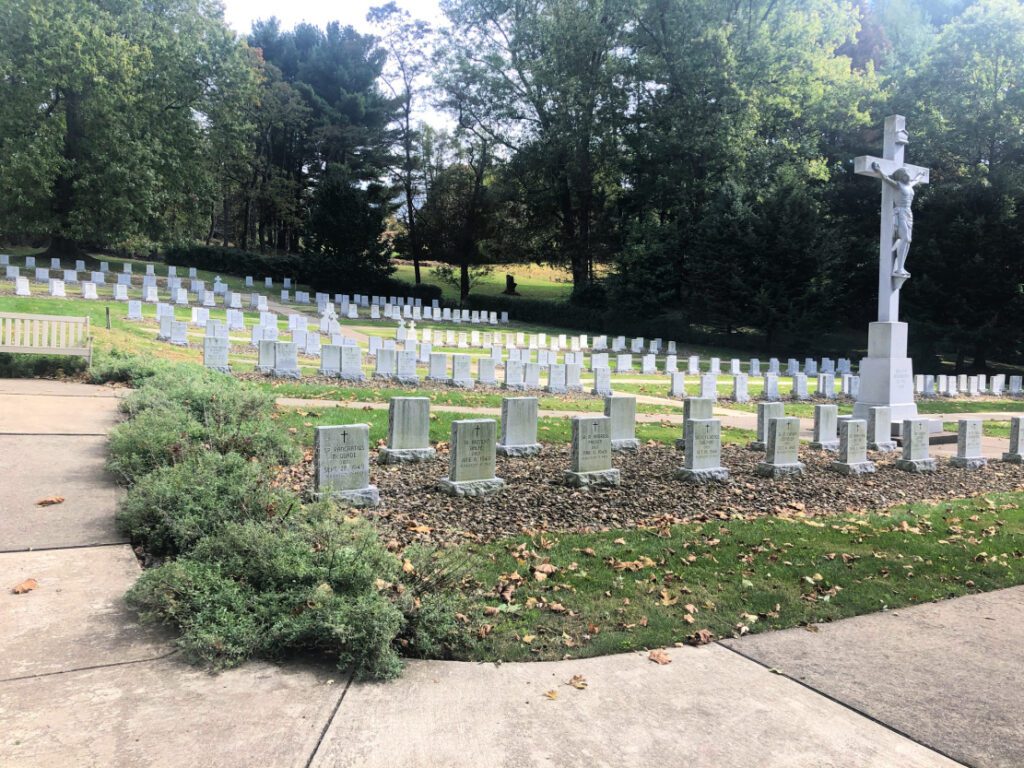
Even if you don’t live in Pittsburgh, you might know about the bridge over a ravine that collapsed this week. It happened early the morning that President Biden was scheduled to come to Pittsburgh to talk about the importance of his infrastructure bill. Fortunately, no body died, and the injuries of the ten people involved were not life threatening. But with three rivers we’re a city of bridges, so we’re now paying lots of attention to the ones still standing. That could be a positive thing that comes from the close call, a kind of silver lining.
As a country we have been having a tsunami of losses. We’re coming up on a million lives lost during the two years of the pandemic, about as many deaths as occurred during World War 11, but they’ve happened in far less time. And like during a war, the casualties have not been spread equally throughout the population. The elderly and minority communities have been hit much harder.
The pandemic has caused many of our societal systems to crash. We’ve lost half a million health care providers who resigned or retired from their jobs to recover from burnout and hopefully find less stressful work. It’s unclear how we will replace them. Some say, rather than try, we should accept that the system is broken and design one that focuses on keeping all our people out of the hospital and well. Another half million teachers have left the classroom; some say to enter the business world where they’ll get better pay and shorter hours when you recognize that a teacher often needs a second job in addition to their teachers’ salary to survive. Is this a time to rethink education, so it doesn’t take place just in school buildings? We’re still counting the small businesses that have closed, and the losses and costs to our children’s mental health and educational progress. So, we are full of questions without answers looking into 2022.
It’s said that sometimes asking better questions is the best we can do in unprecedented times. When I think of better questions, I think of the sisters I worked with a few years ago before the pandemic. Turns out nuns have a great deal of wisdom about dealing with loss, they’ve had to deal with so much of it. Throughout the past 20 or so years, the present sisters who came into their vocations in the 60s, during a period of expansion, have become quite elderly and infirmed and are currently dying or have already died. Without younger women to take their place, this and other factors have meant downsizing the organizations and their facilities–selling off schools, hospitals, and care centers, and consolidating their governance and living structures. With funerals for individual sisters being held most every month in their communities there’s a lot of opportunities to say goodbye.
Working with the sisters reinforced what I had learned from them during the 13 years I was a Catholic school student. I was taught that ritual is the place where the art of grieving flourishes. Time spent in community, in ceremonial time with music, candles and prayer ritual provides the encouragement and strength to carry on and deal with life’s circumstances and challenges, its waves of loss and change. As a group of us met at a round table to plan a celebration in honor of the anniversary of the century and a half their community has been in the United States, one of the sisters shared a question they ask repeatedly with each loss that occurs. Whether the loss is expected or unanticipated, gradual, or sudden, small, or mammoth, they ask the question out loud in community and repeat it quietly to themselves. They follow it with a meditation to listen for its answers – “To what life is this loss calling us?”
Since the sisters told me about this, I’ve tried asking myself this question regarding a specific loss and shared it with other people dealing with a significant loss. I think of it as a way to tune in to the part of us that is smarter than we are (consciously). If you try it, I’d love to hear your experience.
Sheila

